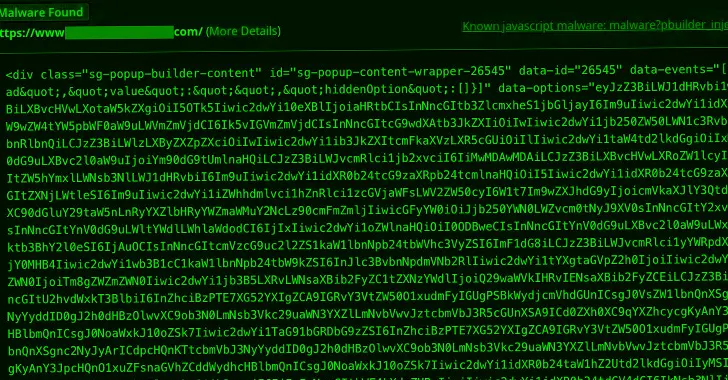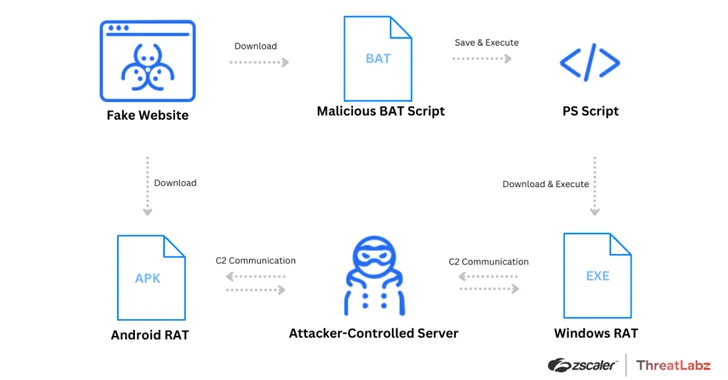
Massive Sign1 Campaign Infects 39,000+ WordPress Sites with Scam Redirects
[ad_1] Mar 22, 2024NewsroomWeb Security / Vulnerability A massive malware campaign dubbed Sign1 has compromised over 39,000 WordPress sites in the last six months, using malicious JavaScript injections to redirect users to scam sites. The most recent variant of the malware is estimated to have infected no less than 2,500 sites over the past two…








